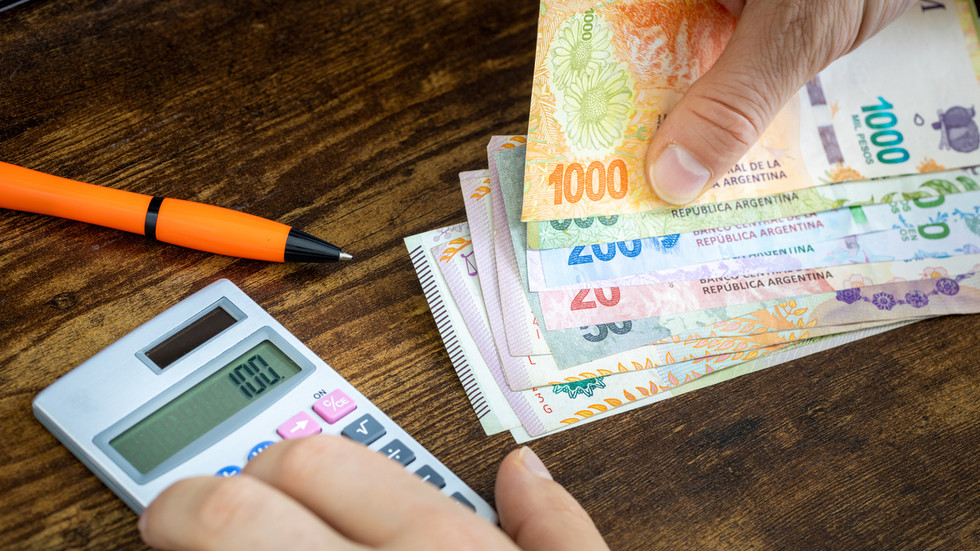
The economic crisis in Argentina is deepening, with two out of five people living below the poverty line
© Getty Images / Andrzej Rostek
Argentina’s central bank on Thursday hiked the country’s benchmark interest rate for the sixth time this year, in yet another attempt to reign in soaring prices that have been weighing heavily on incomes, pushing millions below the poverty line.
The rate was raised to 133% from 118%, shortly after September inflation data showed that consumer prices in the country spiked 12.7% month-on-month and 138% annually, which is the highest rate in three decades.
According to a report by the National Institute for Statistics and Census (INDEC) released last month, soaring prices pushed Argentina’s poverty rate to 40.1% in the first half of 2023. This means that two out of every five people in Argentina now live below the poverty line, some 11.8 million people.
Another report by the Center of Argentine Economic Politics (CEPA) think tank showed that wages in the country are unable to catch up with inflation, with the median wage only covering 85.6% of the basic food basket in August.
Some analysts suggest that with the economic crisis this deep the latest key rate hike may have come too late.
“It is no longer useful to raise the rate, expectations have gone away and raising it at this time is not going to contain the flight from pesos to dollars,” a national private banking manager told Reuters on condition of anonymity.
Private analysts forecast inflation to reach 173.2% this year, while the rating agency Moody’s projects 200% for this year and 350% for 2024.
READ MORE:
IMF issues new negative global inflation forecast
The rate hike came just ten days before the presidential election in the country scheduled for October 22. Most candidates have pledged to cut spending to close Argentina’s fiscal deficit, a key element that is driving inflation. However, outsider candidate Javier Milei, who won the August presidential primary, has put the focus of his campaign on getting rid of the peso entirely and adopting the US dollar.
For more stories on economy & finance visit RT’s business section
